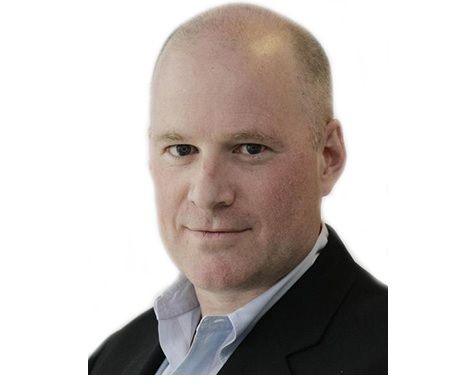Active investors are the hidden beneficiaries of the rise of index funds.
Regardless of whether you believe in the value of active asset management, a new study of the global experience shows that the growth of index funds tends to make active funds more truly active and better performers.
Looking at data from 32 countries from 2002 to 2010, the study found that as index funds become more widespread, active funds raise their game.
“It suggests that active funds perform better in markets where low-cost, explicitly indexed funds are more available. This finding is consistent with the idea that enhanced competition by low-cost explicitly indexed funds spurs active funds to deliver better after-fee performance to investors,” Martijn Cremers of the University of Notre Dame, Miguel Ferreira of the Nova School of Business and Economics, Pedro Matos of the University of Virginia and Laura Starks of the University of Texas wrote in a February 1 paper.
There have been, broadly, two schools of thought as to how the development of index funds, which went from 14 to 22% market share during the period studied, would change the rest of the investment world. The positive view, which seems to have been borne out by the study, was that index funds would drive price competition and put active managers on their mettle, forcing them to do better in adding value.
The negative view, which also has adherents, posits that index funds would play a role akin to generic drugs in pharmaceuticals. Despite being a full substitute for name-brand drugs, the data from the drug market shows that the introduction of generics does not change pricing of name-brand alternatives. While generics do gain market share, prices among name-brand drugs carry on rising pretty much as they had before.
In part this comes down to whether investors view index and active funds as a commodity, with one a substitute for the other. And certainly a vast industry exists to try to convince people that they are not, that active funds are capable of delivering alpha, or outperformance, and that this skill is worth paying for.
Index funds vs closet indexers vs truly active
The study divides the equity mutual fund universe in the 32 countries into three broad buckets: explicit indexers, closet indexers and truly active funds. Explicit indexers are what we understand by passive funds: they seek to track an index as closely as possible at a low cost, usually a small fraction of an active fund. Closet indexers are funds which charge like active funds but which limit severely the degree to which they deviate from the weights in the index against which they are benchmarked. This is almost certainly a tactic aimed at minimizing damaging periods of getting soundly beaten by one’s index, something that leads to investor flight and fund manager job seeking.
The study uses a concept called active share, and considers truly active funds to be those in which no more than 40% of the fund portfolio weights overlap with the underlying benchmark index weights, the remainder being the active share of the portfolio. On this cutoff they find that about 20% of worldwide mutual fund assets are managed by closet indexers. Considering that this implies that 20% of the money out there is paying active fees for a less than active product, this is a scandal.
The good news is that as explicit index funds become more popular the rest of the industry starts to get its act together: cutting fees to be more competitive and concentrating on producing genuine outperformance. Where investors have fewer low-cost index fund options, more active fund managers are satisfied to remain closet indexers.
Interestingly, for those who think that competition and better outcomes result from less regulation, the study found that pension reform tends to induce the entire routine, with more index funds and a switch from closet indexing to truly active with lower fees. A more restrictive regulatory approval regime for new funds is positively associated with prevalence of explicit indexers.
And guess what, truly active funds outperform closet indexers on average by 1.04 percentage points a year. Unlike closet indexers, it really does pay to work for a living, and to pay close attention to how your own interests and those of your fund manager are aligned.
One of the best ways to do this is to ensure they face competition from index funds.
Choose generic index funds or choose truly active, but don’t get caught in between.
(James Saft is a Reuters columnist. The opinions expressed are his own. At the time of publication he did not own any direct investments in securities mentioned in this article. He may be an owner indirectly as an investor in a fund. You can email him at jamessaft@jamessaft.com)
